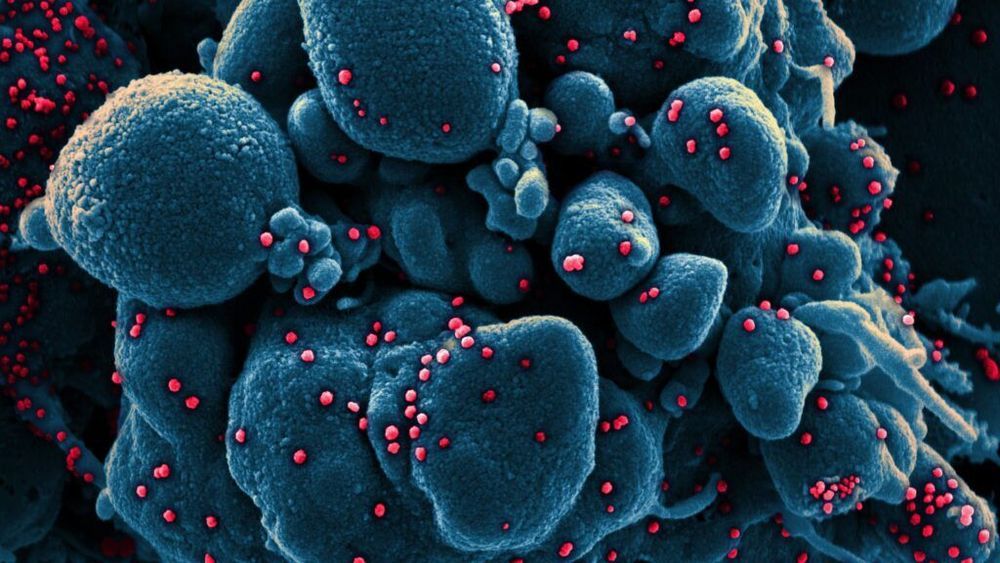Mar 27, 2020
How Metamaterials Could Lead to Invisible Tanks and Super-Stealthy Submarines
Posted by Quinn Sena in categories: energy, military
Circa 2019
The development of new so-called metamaterials could lead to dramatic advances in military technology, particularly the ability to hide from sensors—even the human eye. Metamaterials, engineered composites designed to manipulate the electromagnetic spectrum, could lead to “invisible” tanks and armored vehicles, submarines undetectable by sonar, and weapons with improved seekers and guidance systems.
The big caveat though is that metamaterials are currently pretty difficult to manufacture and are still years away from full-scale production.
Continue reading “How Metamaterials Could Lead to Invisible Tanks and Super-Stealthy Submarines” »


















